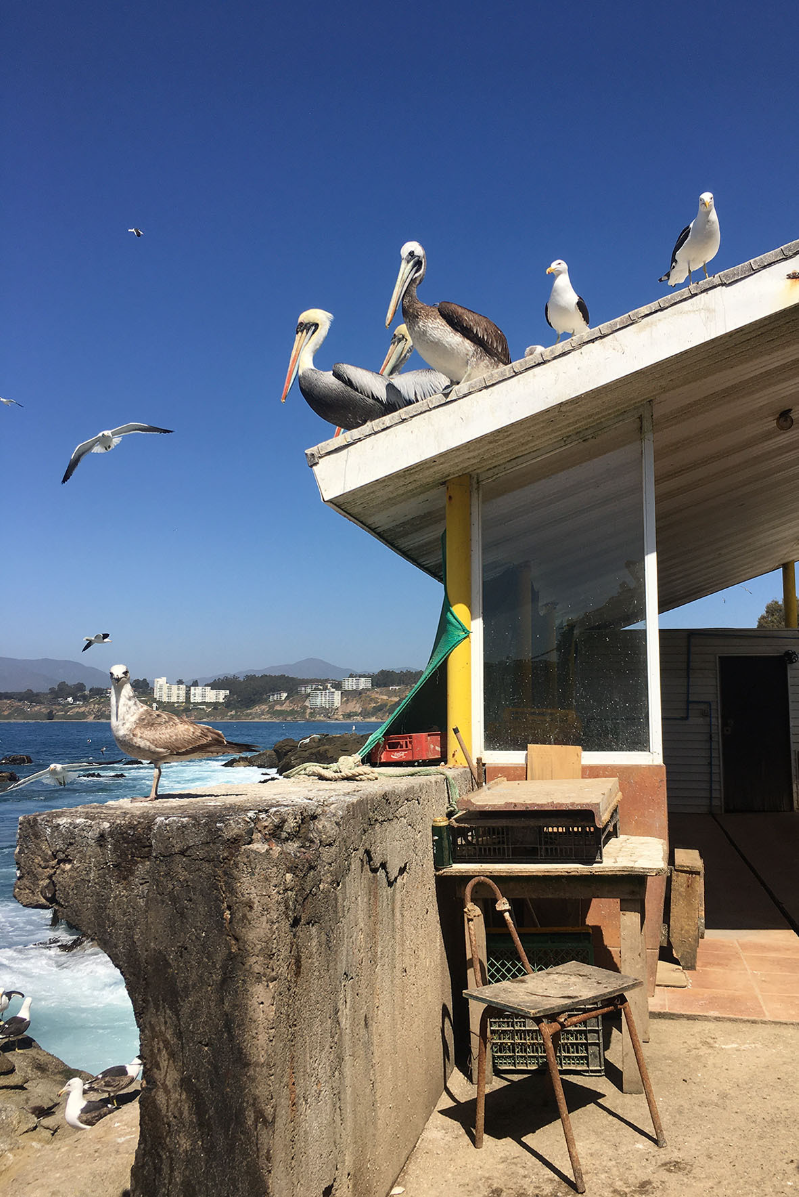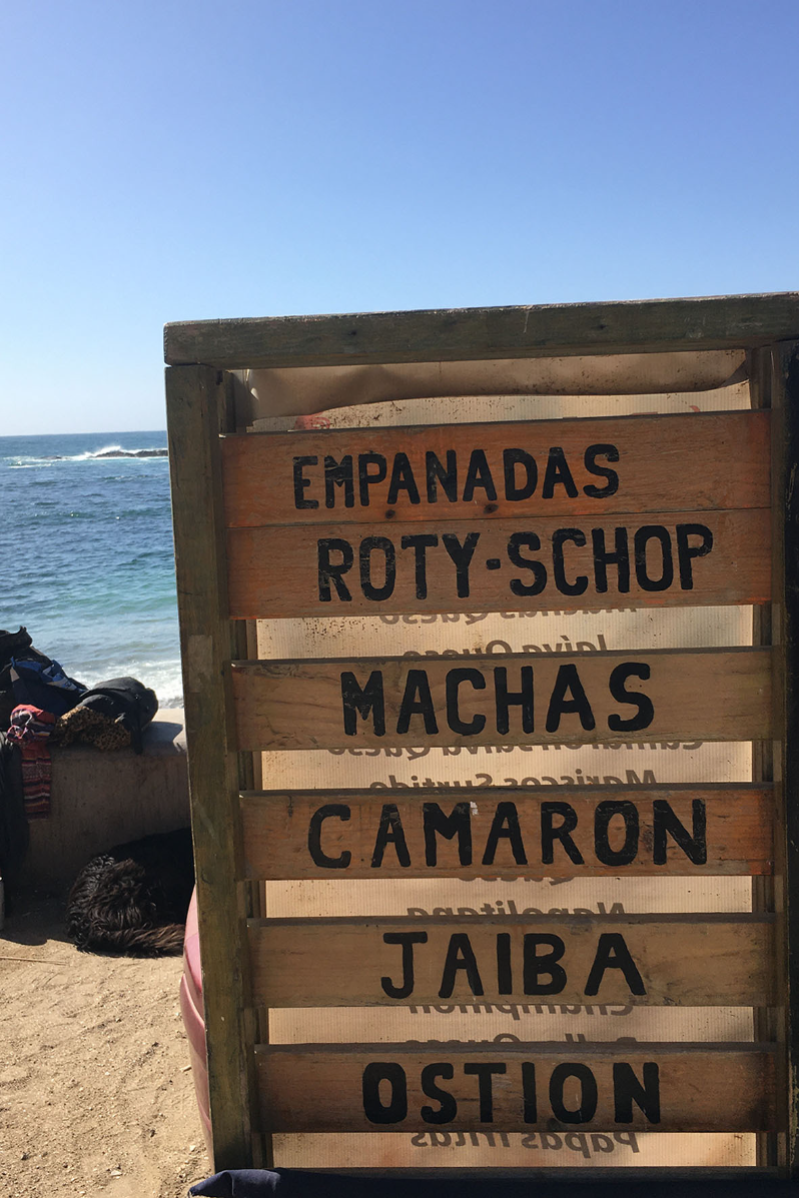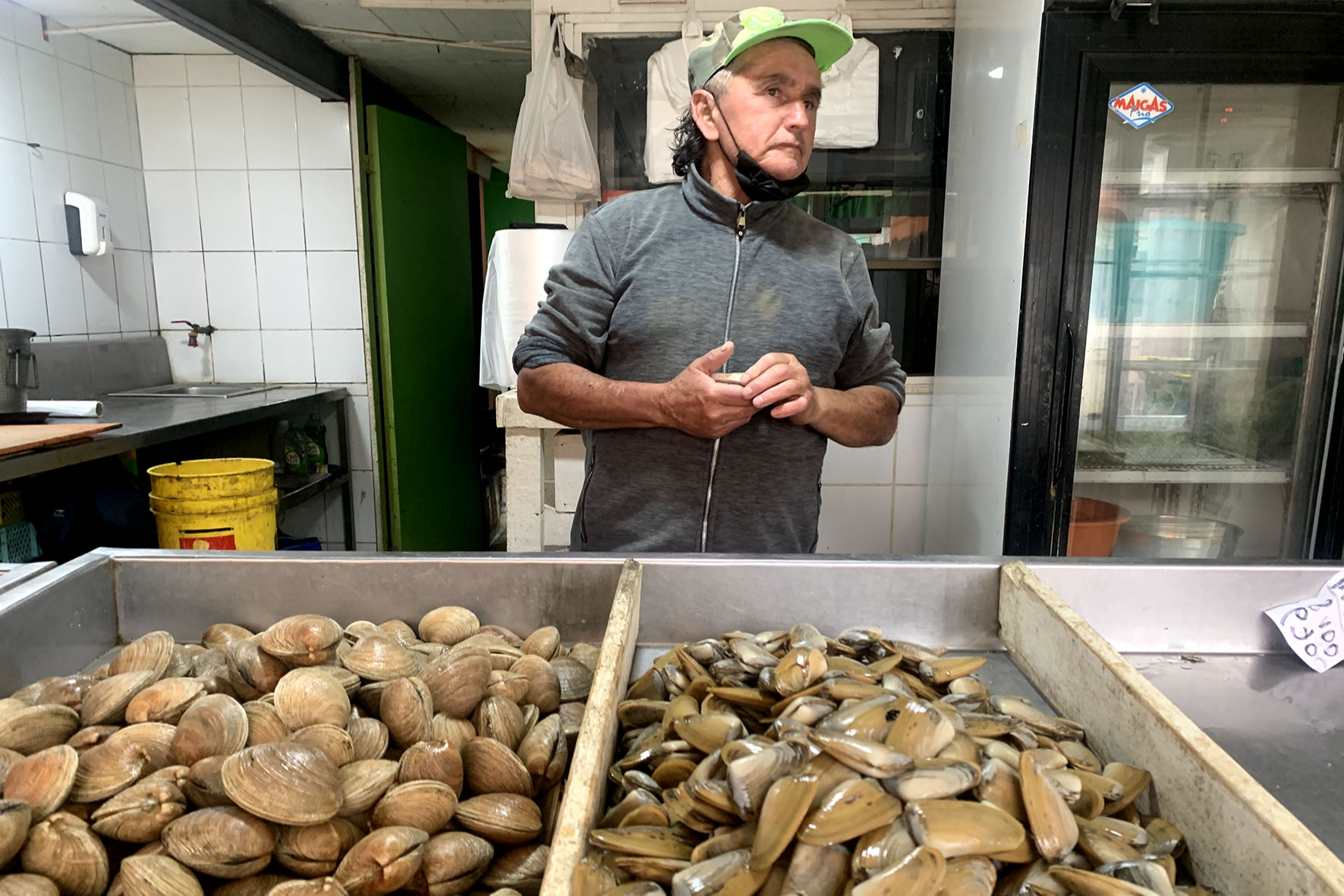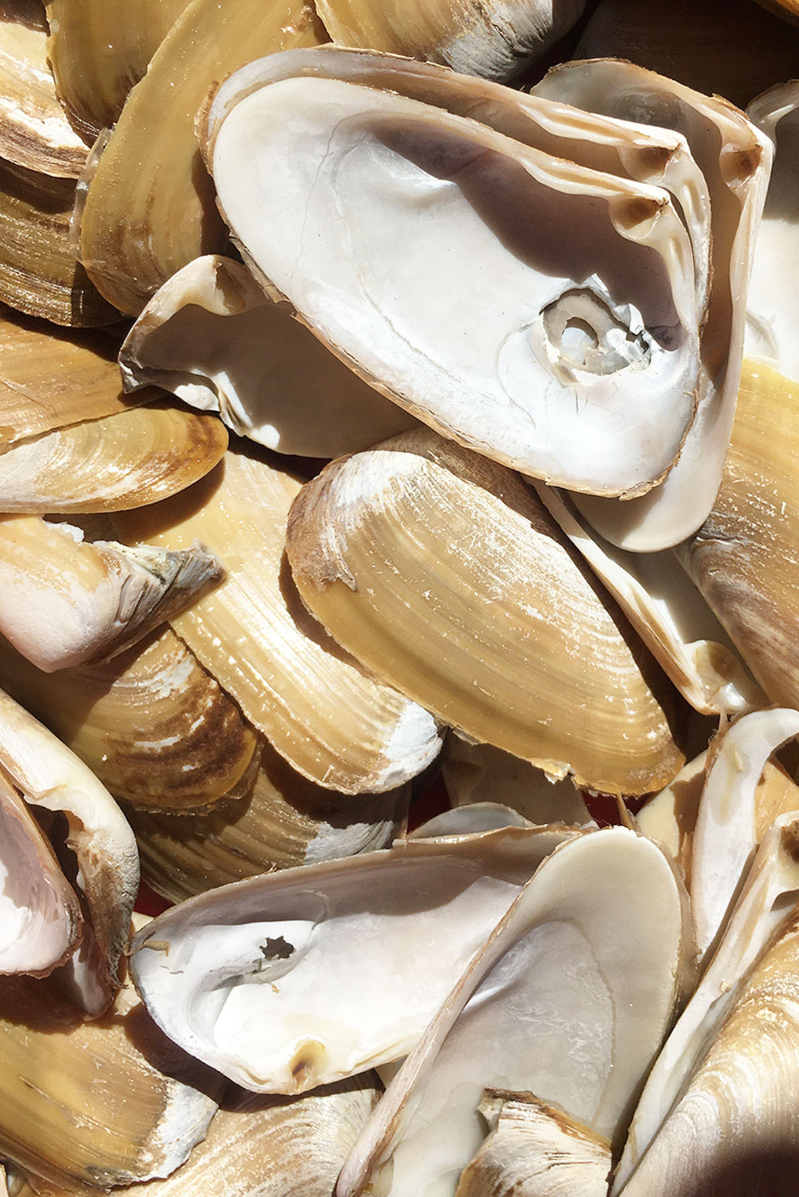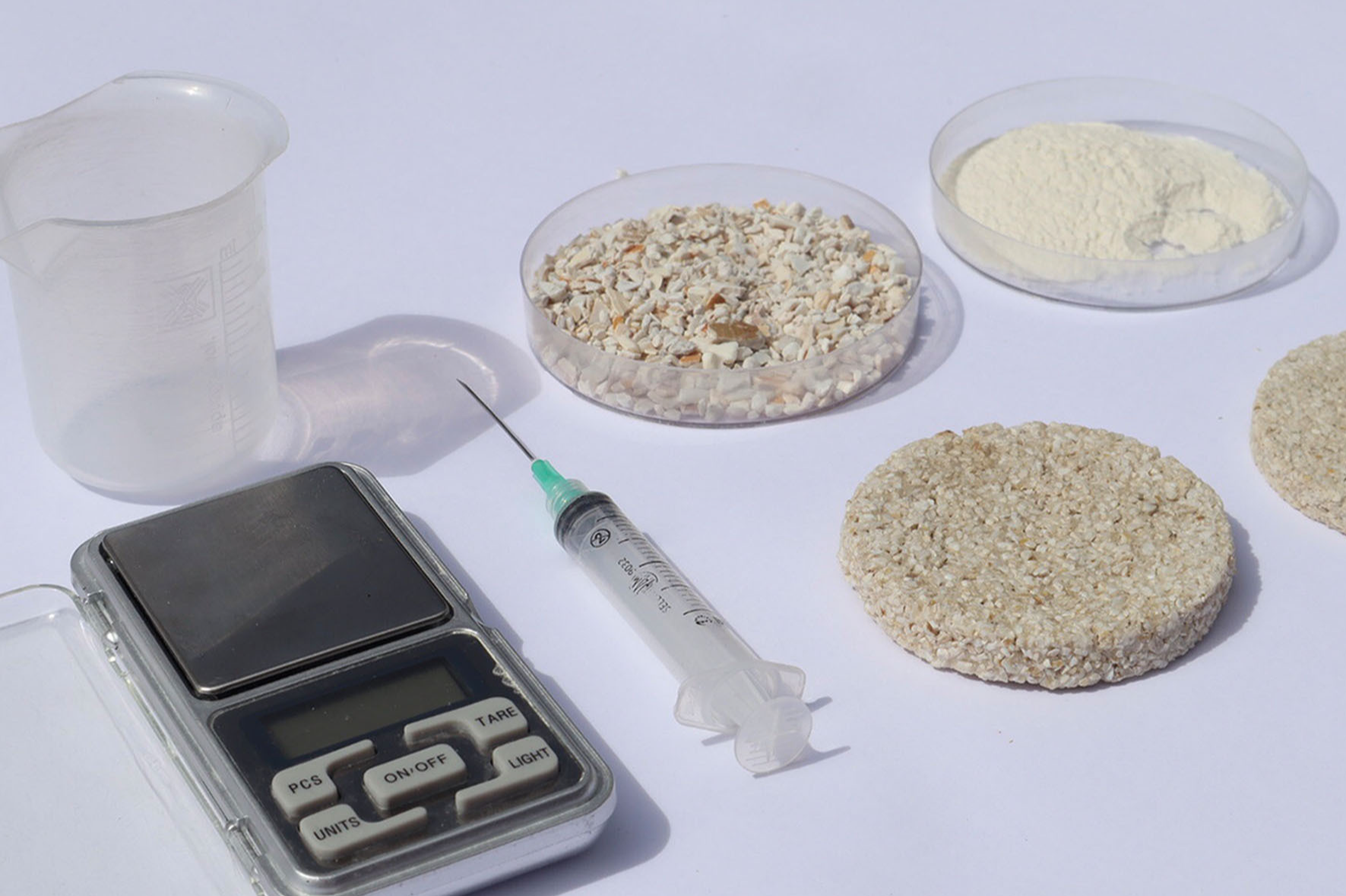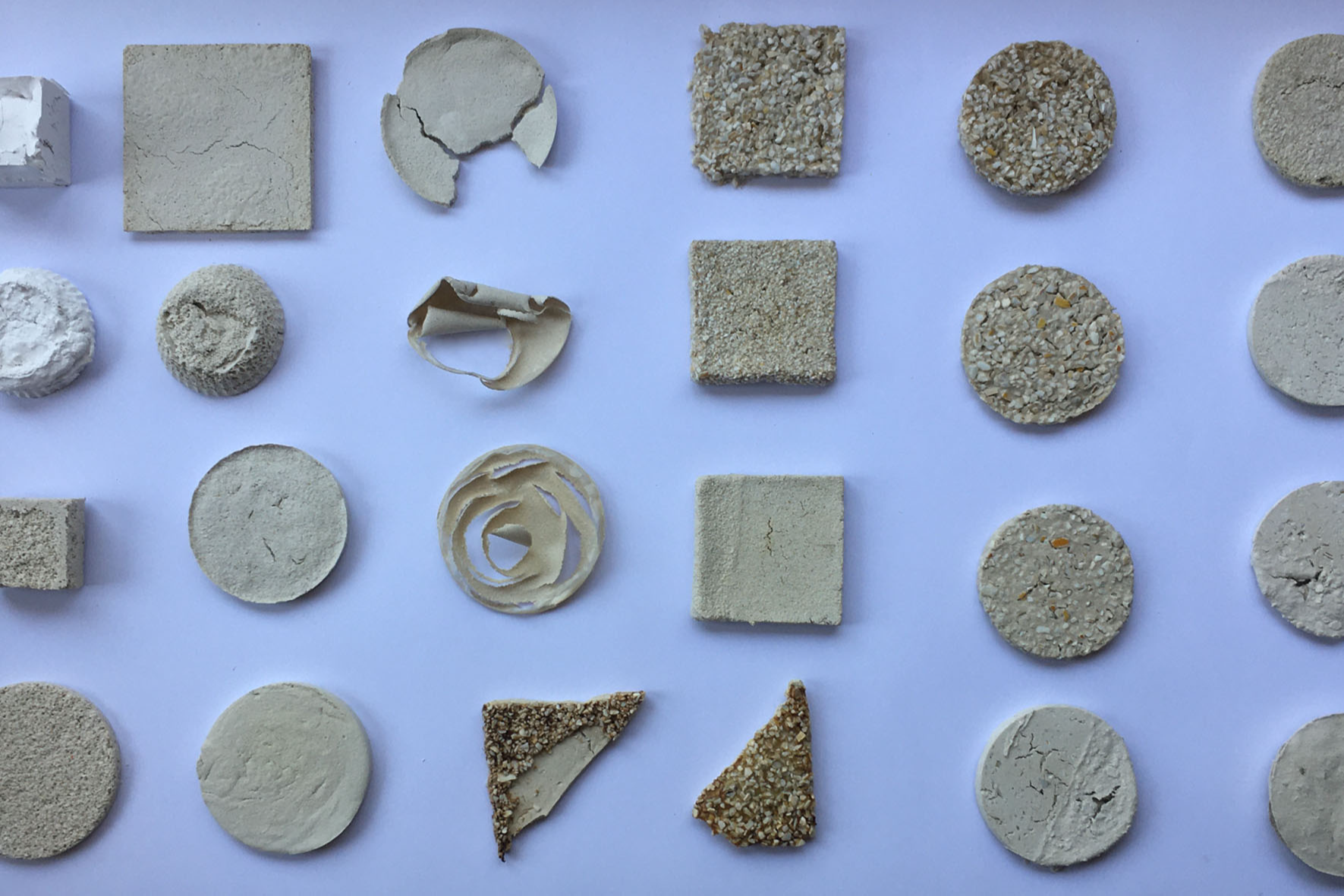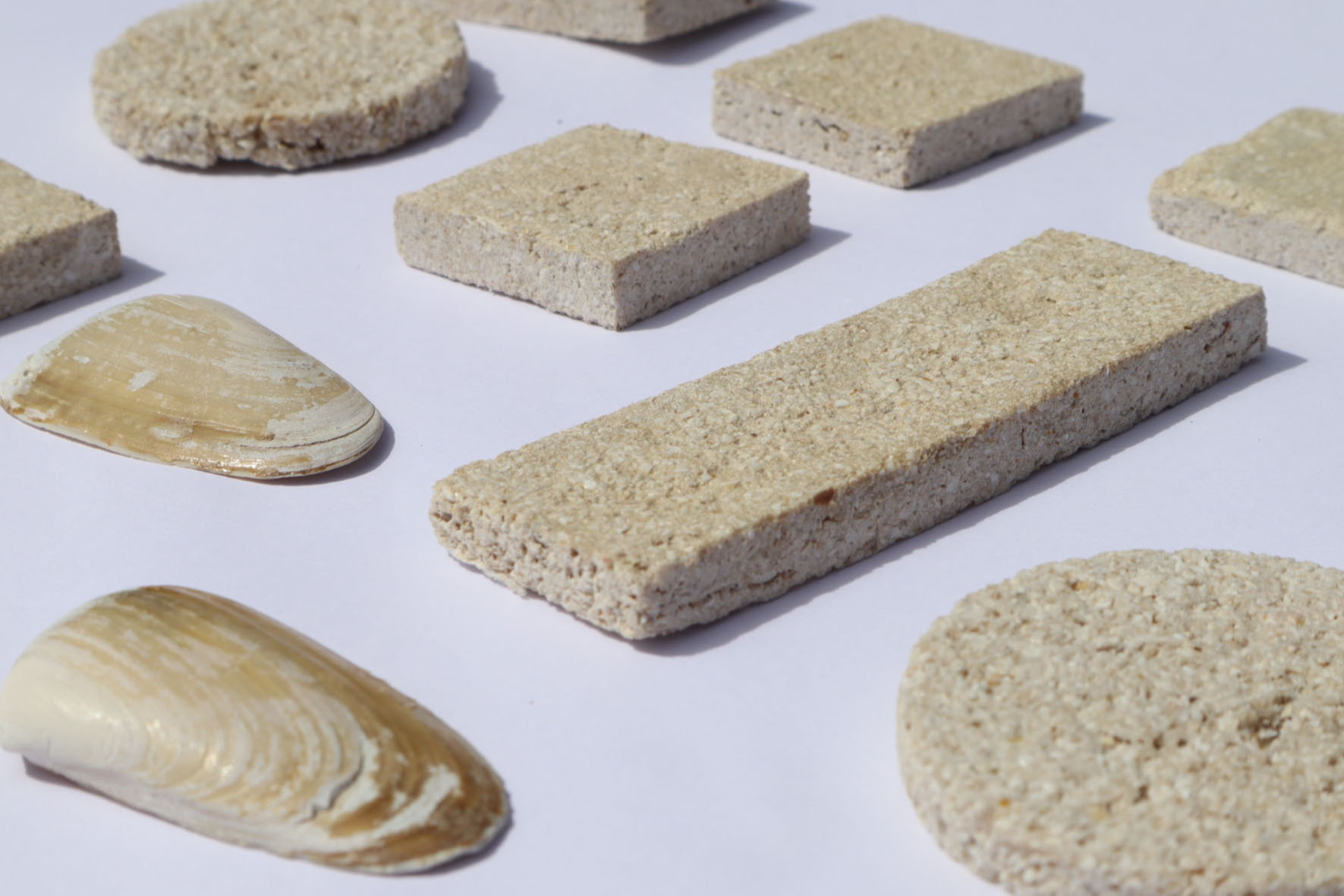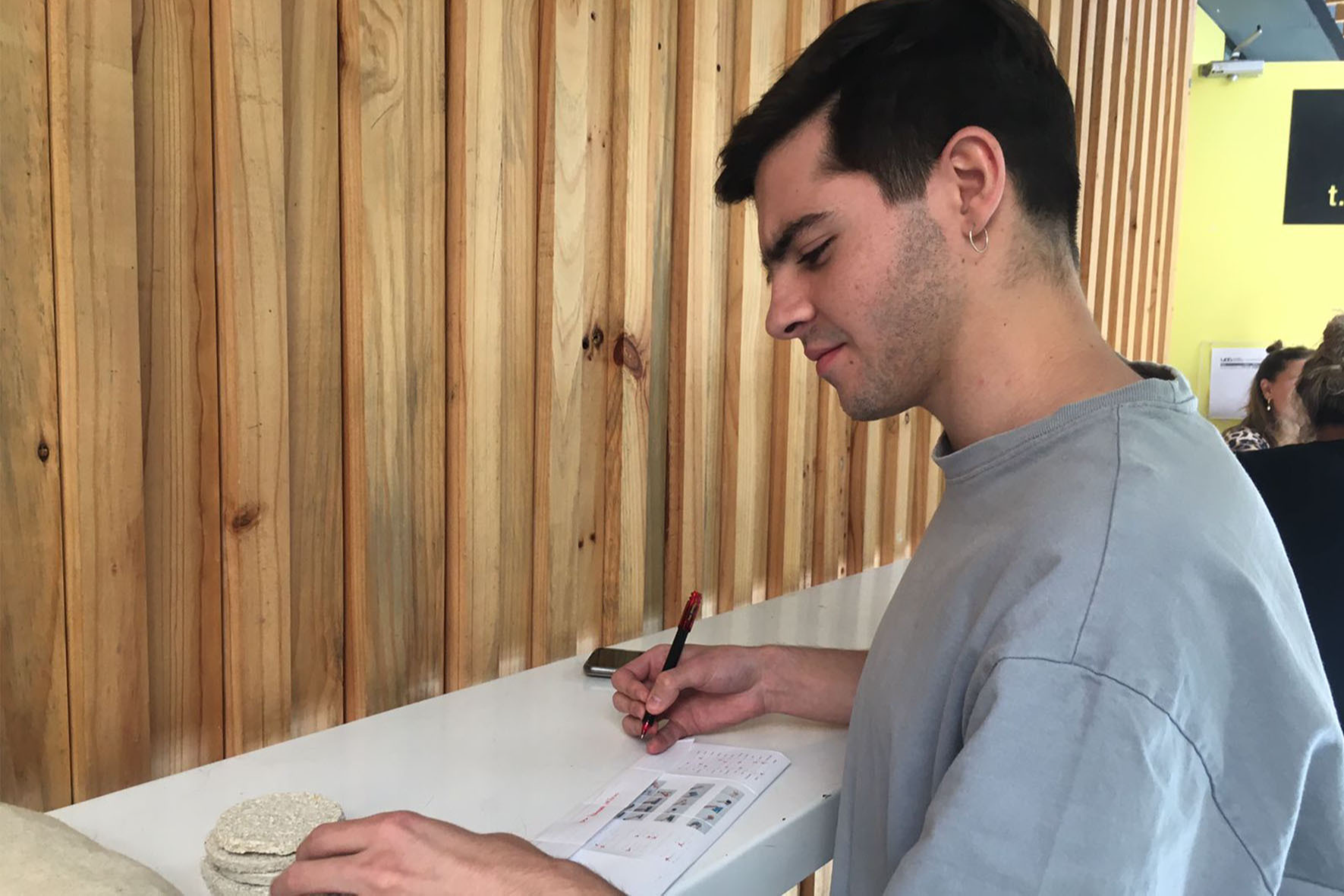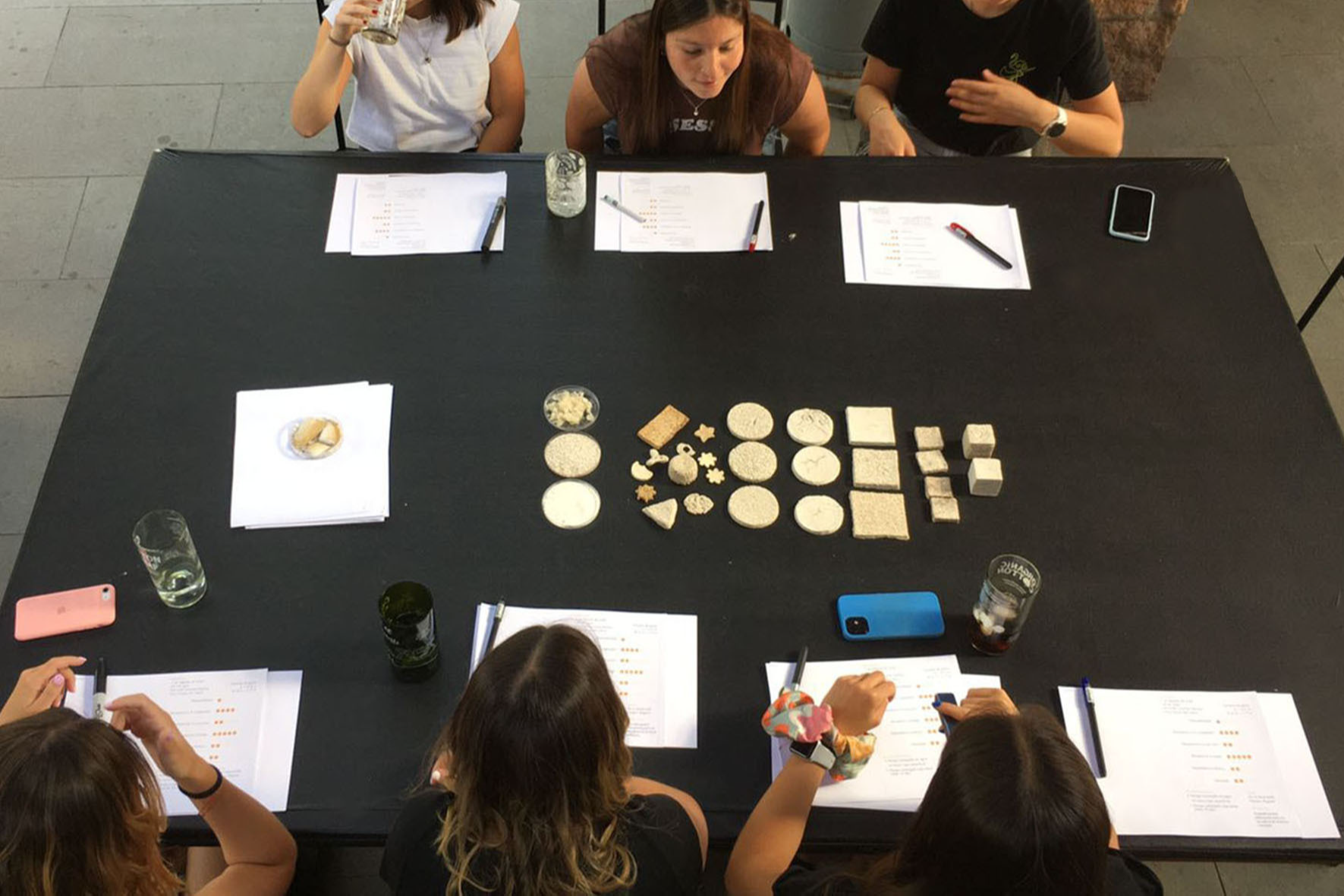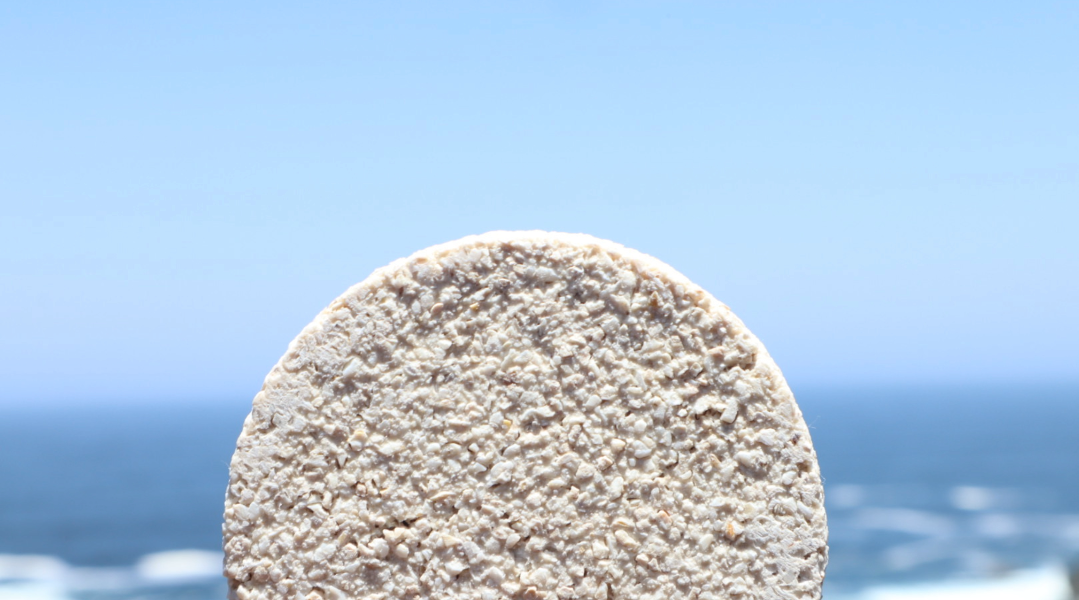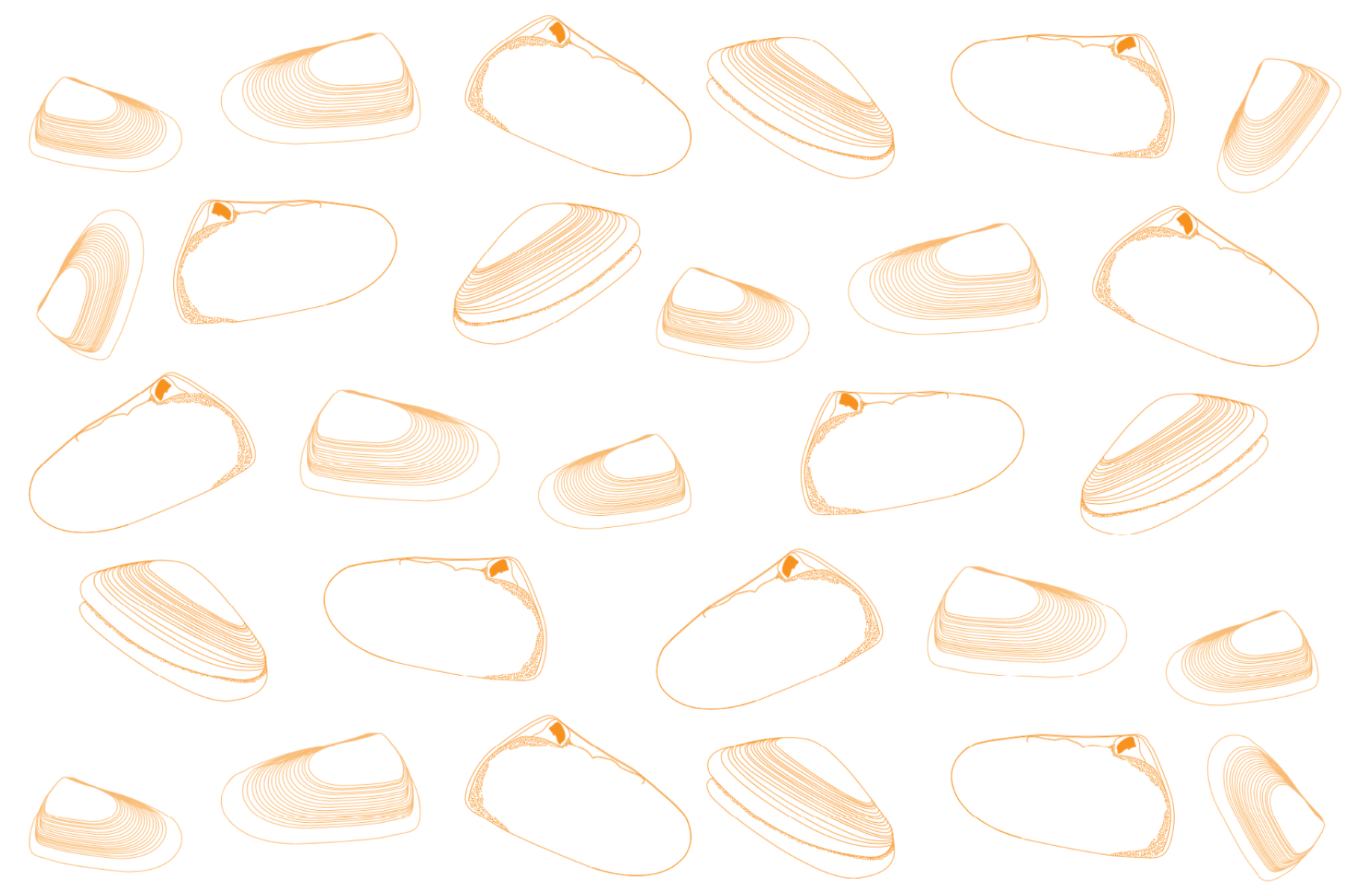Fernanda Saval Taulis
PRODUCT / ARCHITECTURE / INTERIORS
UDD Universidad del Desarrollo Santiago
Specialisms: Product / Architecture / Interiors / Design Research / Sustainable Design
Location: Santiago, Chile
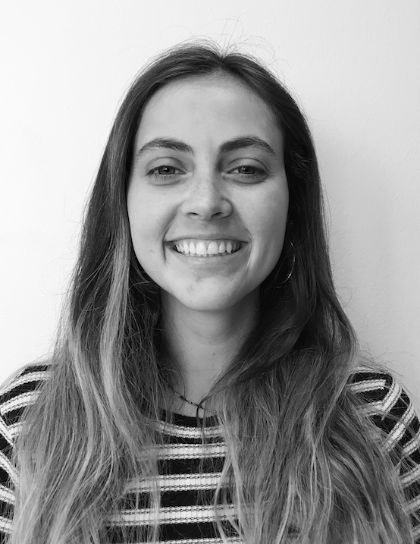
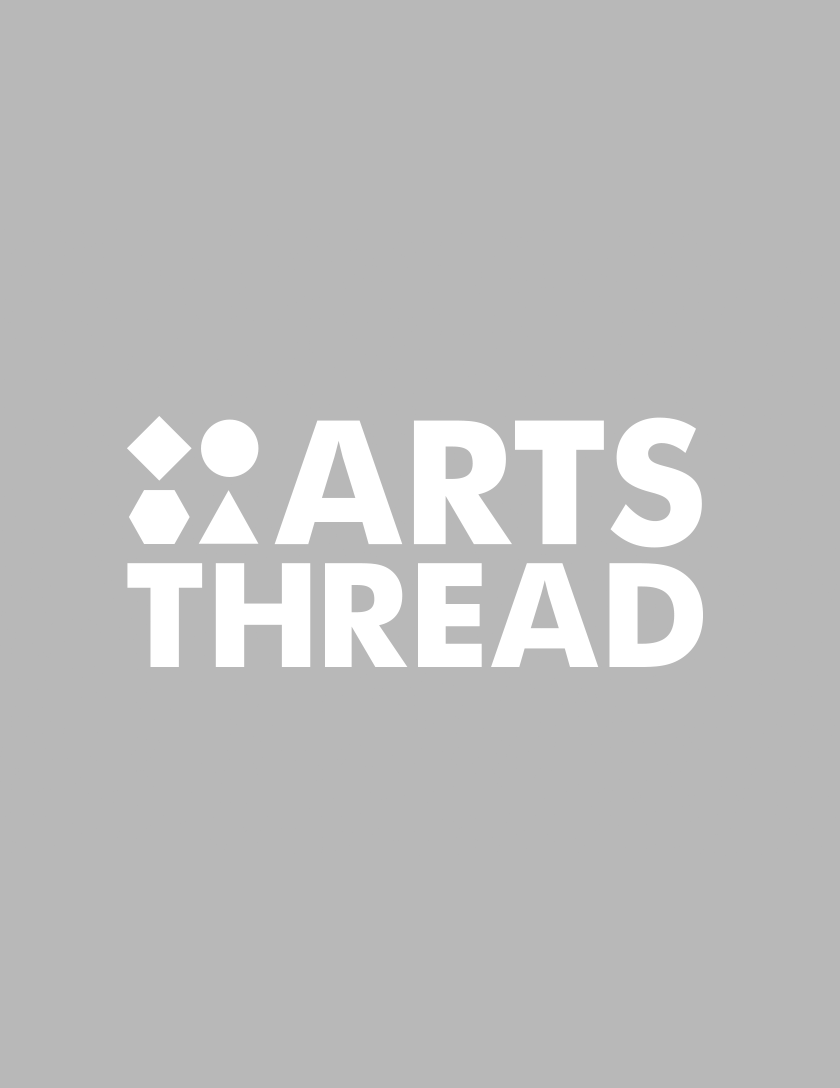
Fernanda Saval Taulis

First Name: Fernanda
Last Name: Saval Taulis
Specialisms: Product / Architecture / Interiors / Design Research / Sustainable Design
Sectors:
My Location: Santiago, Chile
University / College: UDD Universidad del Desarrollo Santiago
Course / Program Title: PRODUCT / ARCHITECTURE / INTERIORS
About
On my first year in design school, a teacher took us to see the Interdesign store. In the store were the PET bottle lamps by Álvaro Catalán de Ocón, which managed to capture my attention and understand the role that design could have in our society. In this case, addressing the global problem of plastic bottle waste through the local work of traditional textile crafts from different parts of the world. Transforming a problem into millions of opportunities. In that moment I realised the power that design has, not only to generate changes through the use of the resources or waste that we have at our disposal but also the power that this discipline has to generate sensations and experiences in people, through an object, process, or material.It is from this perspective that my motivation for the development of this project was born, seeking to contribute with the multiple challenges that we face today as a society.
Biomaterials are biopolymers from natural resources capable of degrading once in disuse, becoming a sustainable alternative for the planet. The economic activities of a territory depend on the raw materials existing in it, a characteristic that defines its identity. Therefore, when valuing waste from economic activities, for the development of biomaterials, they will reveal the identity of the place. The objective of this research was to generate a biomaterial from the selection of use and recovery of local waste that enhances its design of objects. The methodology was divided into three stages. First, a case study through which the waste generated in the main economic activities of a locality is identified, from the perspective of biomaterial development. In this case, Horcón, where potential was seen in the residues of artisanal fishing, specifically, Macha shells. The second stage was the manufacture and exploration of biomaterial from this residue. Where open-source recipes were used, which varied for the biomaterial developed. The Material Driven Design methodology was then applied to this, understanding the variety of significant uses of the material from its technical-experiential characterization. This exploratory study allowed the proposal of multiple objects thanks to its deep characterization. In addition to valuing local waste to promote its application in biomaterials that reflect the identity of our territories.
Competitions

